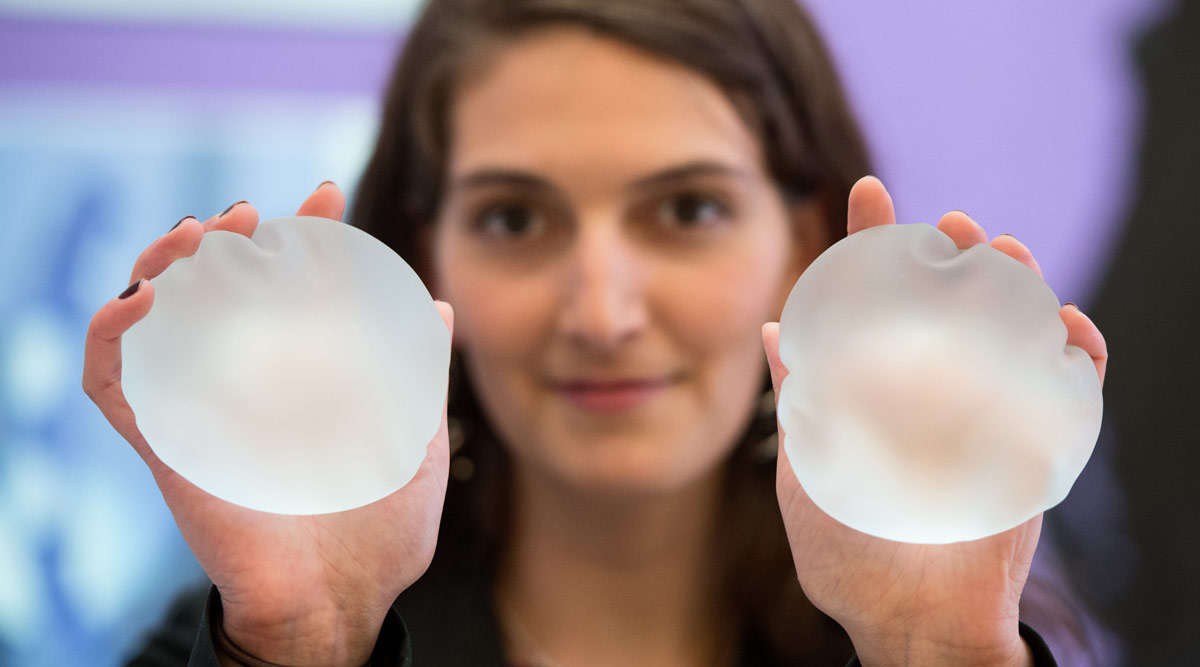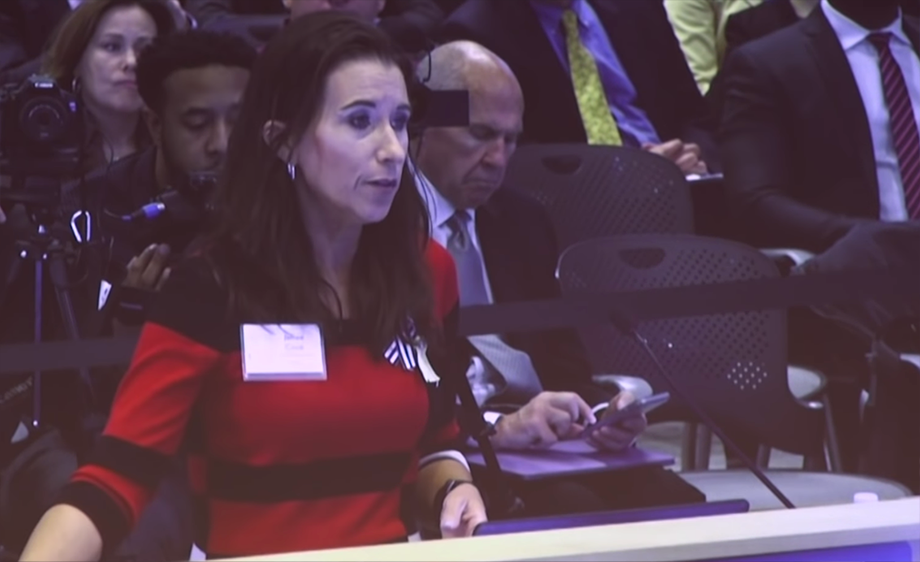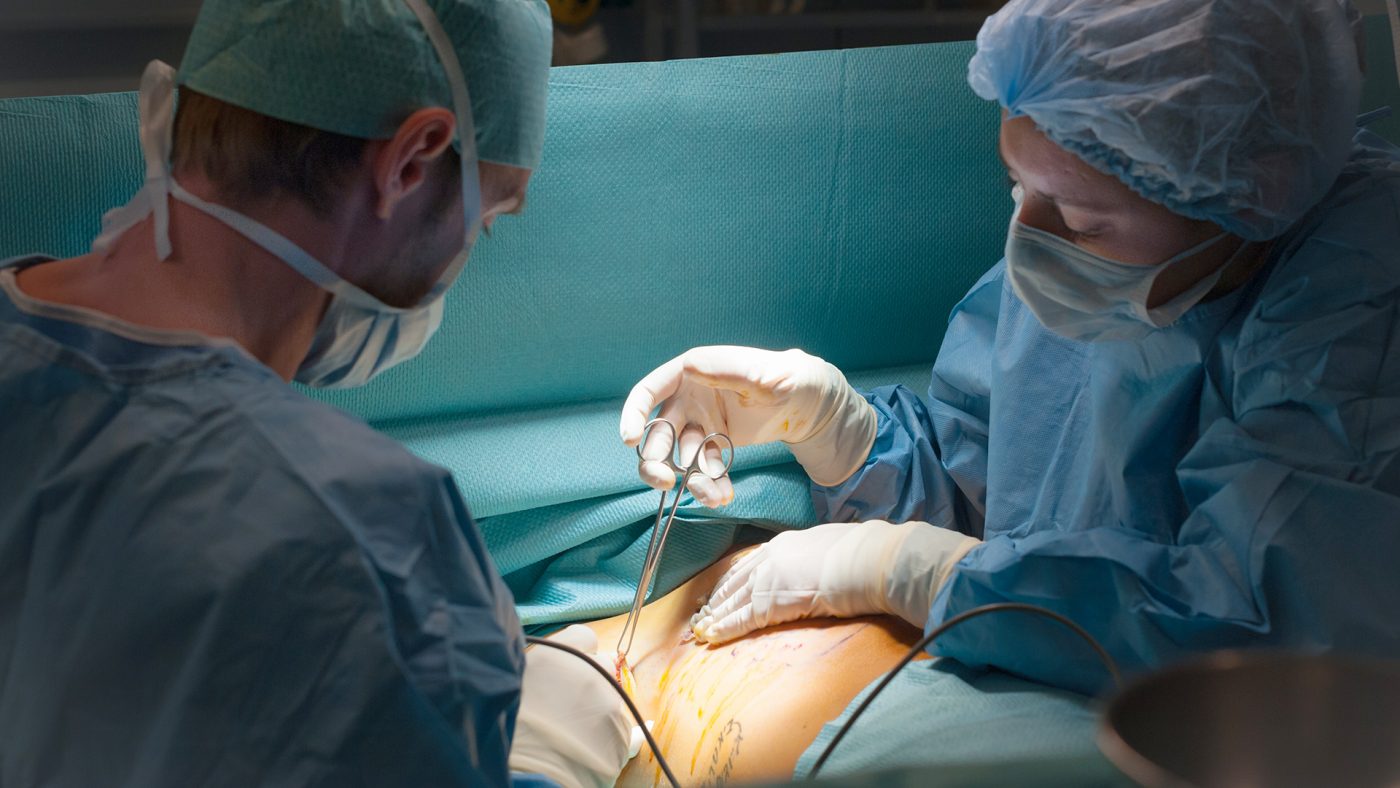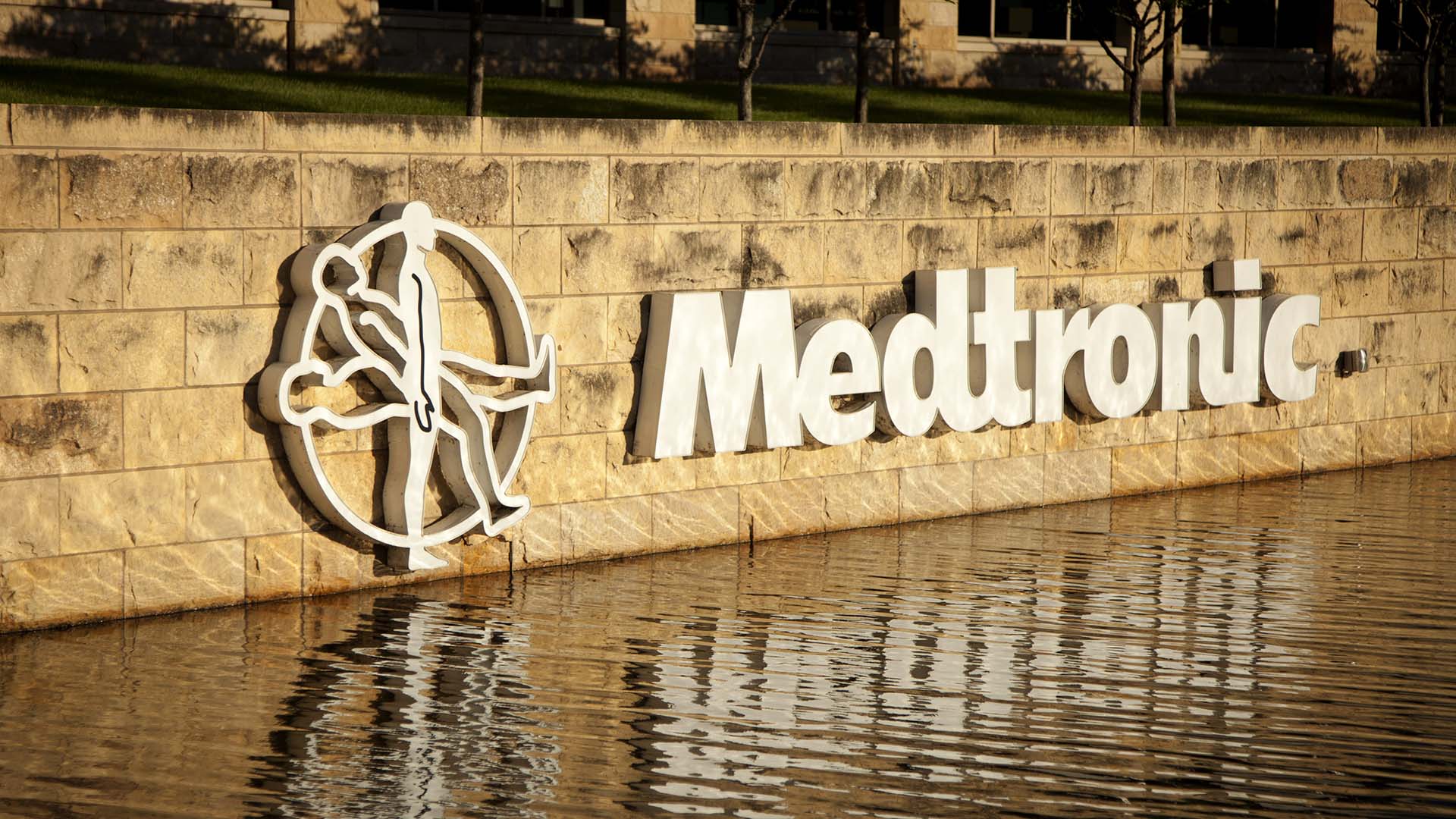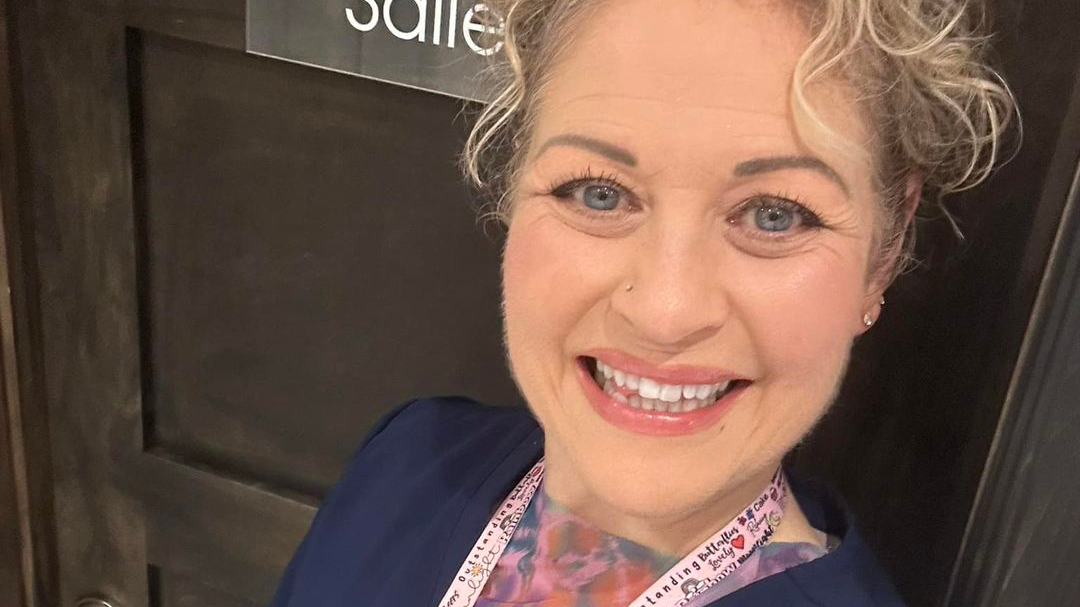Australian authorities have proposed to ban or suspend 25 models of breast implants due to their association with elevated risks of a rare cancer of the immune system.
The major recommendation on women’s health affects only models of textured implants, which have a rough surface that is sometimes compared to sandpaper. Studies have shown that patients with textured implants face a higher risk of a form of cancer called breast implant associated anaplastic large cell lymphoma (BIA-ALCL).
The nation’s health minister, Greg Hunt, said the government supported the Therapeutic Goods Administration’s proposed action, which covers many but not all textured breast implants.
The move comes after the International Consortium of Investigative Journalists and media partners in Australia and around the world reported in the Implant Files investigation last November that thousands of women around the world suffered significant health problems, including BIA-ALCL, after receiving breast implants.
As of June 2019, 732 cases of BIA-ALCL have been confirmed worldwide.
France and Canada opted to remove certain textured implants from their markets in April.
Under Australia’s plan, which regulators announced after conducting laboratory testing and statistical analysis of supply information and the known cases of BIA-ALCL, nine models of highly textured implants are slated to be banned.
Studies have indicated that the more roughly an implant is textured, the greater the risk of BIA-ALCL.
All of the models slated to be banned are produced by Allergan, a leading global manufacturer of breast implants. If the ban is adopted, Allergan could no longer import, manufacture or export the products in Australia, and would be required to recall all of its remaining stock of these models from the Australian market.
Australian regulators have also proposed the suspension of another sixteen models of textured breast implants. These products, which are made by Nagor, Groupe Sebbin, AirXpanders, Eurosilicone, Polytech and Mentor, would be temporarily removed from the Australian market while authorities further evaluate their safety. Once the review is completed, the products would either be restored to the market or banned.
Overall, the plan would block access to products that represent about 45 percent of Australia’s breast implant market, according to ICIJ’s partners at the Australian Broadcasting Corporation.
Regulators at the TGA have provided manufacturers until July 24 to respond to their proposal, and emphasize that they have not yet finalized their decision.
“It is important to understand that the proposed cancellations and suspensions set out below are proposed,” the TGA wrote in a statement announcing its plan. “No decision has been made to suspend or cancel the relevant products at this time.”
The TGA will make its final decision after considering the submissions from manufacturers.
The Australian proposal comes in the wake of steps by a number of other health regulators to strengthen oversight of breast implants and reduce the risk of BIA-ALCL.
In April, France announced a sweeping ban on two categories of textured implants, macro-textured and polyurethane implants, due to their BIA-ALCL risks. Canada followed suit by banning Allergan Biocell implants, the only macro-textured implant model available in the country.
In the United States, the Food and Drug Administration sent a warning letter about BIA-ALCL to doctors across America, and held public hearings on breast implant safety in March. The FDA has declined to ban or suspend any models of textured implants, which represent only a small fraction of the U.S. market.
